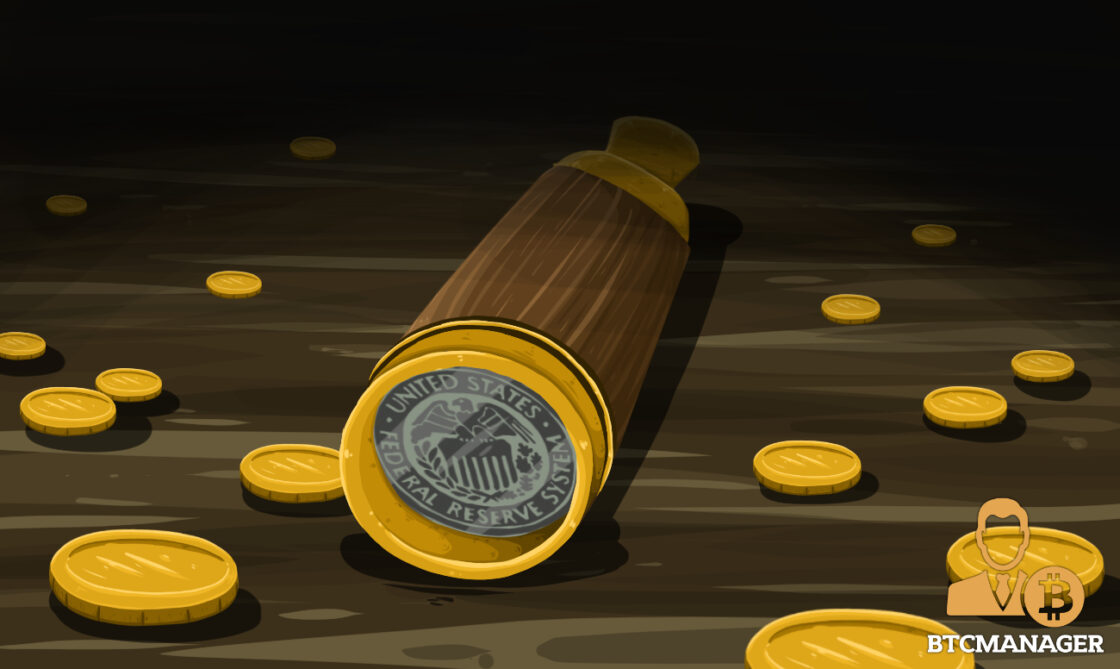PALO ALTO, Calif. (Reuters) - The Federal Reserve is looking at a broad variety of concerns around digital payments and currencies, including policy, design and legal considerations around possibly providing its own digital currency, Guv Lael Brainard stated on Wednesday. Brainard's remarks recommend more openness to the possibility of a Fed-issued digital coin than in the past." By changing payments, digitalization has the potential to deliver greater worth and benefit at lower cost," Brainard stated at a Click here! conference on payments at the Stanford Graduate School of Company.

Central banks worldwide are debating how to handle digital finance technology and the distributed journal systems utilized by bitcoin, which guarantees near-instantaneous payment at possibly low expense. The Fed is developing its own day-and-night real-time payments and settlement service and is currently reviewing 200 remark letters sent late last year about the proposed service's design and scope, Brainard said.
Less than two years ago Brainard told a conference in San Francisco that there is "no engaging demonstrated requirement" for such a coin. But that was prior to the scope of Facebook's digital currency ambitions were widely understood. Fed officials, including Brainard, have raised issues about customer protections and information and personal privacy risks that might be postured by a currency that could enter usage by the third of the world's population that have Facebook accounts.
" We are teaming up with other main banks as we advance our understanding of reserve bank digital currencies," she said. With more countries checking out releasing their own digital currencies, Brainard said, that adds to "a set of factors to also be Find out more making certain that we are that frontier of both research and policy development." In the United States, Brainard said, concerns that require research study include whether a digital currency would make the payments system more secure or easier, and whether it might posture monetary stability threats, including the possibility of bank runs if money can be turned "with a single swipe" into the reserve bank's digital currency.
To counter the monetary damage from America's unprecedented national lockdown, the Federal Reserve has actually taken unprecedented steps, including flooding the economy with dollars and investing straight in the economy. Many of these relocations got grudging approval even from lots of Fed doubters, as they saw this stimulus as needed and something just the Fed might do.
My brand-new CEI report, "Government-Run Payment Systems Are Unsafe at Any Speed: The Case Versus Fedcoin and FedNow," details the dangers of the Fed's present prepare for its FedNow real-time payment system, and proposals for main bank-issued cryptocurrency that have actually been called Fedcoin or the "digital dollar." In my report, I discuss issues about privacy, information security, currency manipulation, and crowding out private-sector competitors and innovation.
Proponents of FedNow and Fedcoin state the government needs to produce a system for payments to deposit quickly, instead of motivate such systems in the economic sector by raising regulatory barriers. But as noted in the paper, the economic sector is supplying an apparently limitless supply of payment innovations and digital currencies to fix the problemto the level it is a problemof the time space between when a payment is sent and when it is gotten in a bank account.
And the examples of private-sector innovation in this area are Additional info numerous. The Clearing House, a bank-held cooperative that has actually been routing interbank payments in various types for more than 150 years, has Website link been clearing real-time payments because 2017. By the end of 2018 it was covering 50 percent of the deposit base in the U.S.